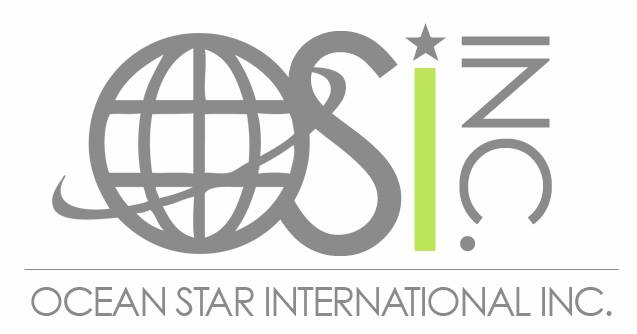Enter the Global Marketplace
If you’re confining your business to the U.S. only, you might be missing out on key opportunities to increase your company’s earning potential in the international business arena. Companies that do business internationally grow faster and fail less often than companies that don’t.
Here’s some great reasons why you should take advantage of export opportunities:
Increased sales and profits. If your business is succeeding in the U.S., expanding globally will likely improve overall profitability and increase productivity.
Short-term security. Your business will be less affected by fluctuations in the U.S. economy and marketplace.
Long-term security. The U.S. is a large, mature market with intense competition from domestic and foreign competitors.
International business trade may become a necessity if you want to keep up in an increasingly global marketplace.
Increased innovation. Extending your customer base internationally can help you finance new product development.
Economies of scale. Exporting is an excellent way to expand your business with products that are more widely accepted around the world.
U.S. Commercial Service
The USCS (United States Commercial Service) is a government agency that was created to support small to medium-size businesses in the international marketplace by providing export resources, advice and assistance. They offer most services at no cost or for a nominal fee compared to that of commercial international consulting services. The U.S. Commercial Service is the trade promotion arm of the U.S. Department of Commerce’s International Trade Administration.
There are USCS trade professionals in over 100 U.S. cities and in nearly 80 countries that help U.S. companies get started in exporting or increasing sales to new global markets. Services that the U.S. Commercial Service offers include:
Market Intelligence – Helps U.S. exporters target the right market(s) for their products and services.
Trade Counseling – Provides information needed to navigate the export process from beginning to end.
Business Matchmaking – Service that connects the right partners with the right prospects
Trade Advocacy – Assists U.S. companies in leveling the international playing field for international procurement.
The U.S. Commercial Service uses www.export.gov , the U.S. Government’s export portal, as its main online resource for exporting U.S. clients. It is a resource for market research, trade events, trade leads, and information on how to export.
Determining the right international documents
Accurate documentation is one of the most important elements in international shipping and customs clearance. Properly completed documentation will help your shipment reach its international destination on time and reduce the risk of it being delayed at customs.
Ocean Star International, (OSI) will help you determine the proper documentation for your shipment’s destination country, special clearance requirements, what duties and taxes will need to be paid, and much more.
Contents of the shipment will affect documentation required
You must determine if the country you’re shipping to considers your product a document or a commodity.
Whenever you ship internationally, you should always begin by determining if the product you’re shipping is a document or not. Different countries classify documents differently, and those classifications can be confusing.
Generally, a commodity which is typed, written or printed matter with no commercial value is treated as a document. Typically, this type of commodity does not require a Commercial Invoice. If the commodity you’re shipping is part of a commercial transaction or has commercial value, it may be considered a non-document or commodity, thus requiring a Commercial Invoice.
OSI will assist you in determining your commodity’s classification and the documents needed to accompany your international shipment.
You must provide an accurate and detailed description of your product. One of the most common reasons for a delay in customs is inaccurate or vague shipment descriptions. A good description answers the following questions:
What is it?
How many are there?
What is it made from?
What is the intended use?
Provide the proper classification for your product.
Whether you’re importing, exporting or both, you need to properly classify your products under the Harmonized Tariff System (HTS) codes to meet the U.S. and foreign governments’ customs requirements. All import and export codes used by the U.S. are based on the HTS.
The HTS assigns six-digit codes for general categories. Countries that use the HTS are allowed to define commodities in more detail than six digits, but definitions must be within that six-digit framework.
The U.S. defines products using 10-digit HTS codes. Export codes (which the U.S. calls “Schedule B”) are administered by the U.S. Census Bureau. Import codes are administered by the U.S. International Trade Commission.
Whatever your international shipping need might be; saving money on a regular shipment, moving freight, or meeting an emergency deadline, OSI is committed to supporting you with the right value-oriented international shipping services to meet your goals.
OSI provides international shipping services and end-to-end export support to help your business hit the ground running. We help businesses with such export needs as:
Understanding your needs and recommending export strategies unique to your business and industry.
Helping you understand and comply with international trade regulations.
Addressing barriers to international trade.










